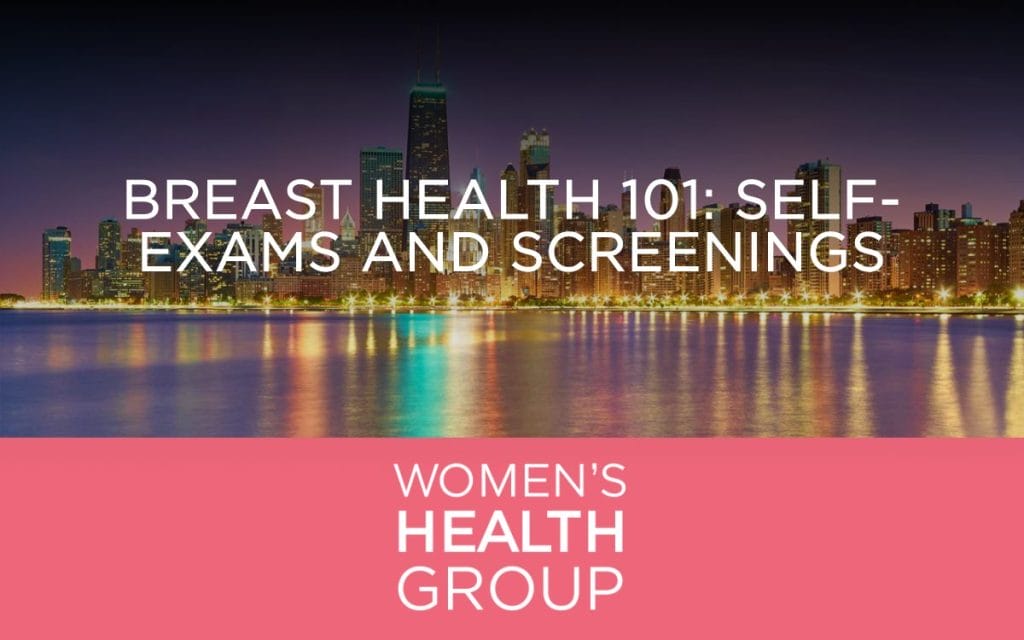Understanding the Importance of Breast Health
Maintaining breast health is a significant part of women’s overall health management. It’s more than just about early detection of breast cancer. Being familiar with your breasts aids in the timely diagnosis of various conditions, including benign breast diseases and breast cancer. As the Women’s Health Group, we are an obstetrician-gynecologist team based in Chicago, Illinois, dedicating ourselves to fostering awareness and empowering women with the knowledge and practices that support the healthiest outcomes.
What is Breast Cancer?
Breast cancer occurs when some breast cells grow uncontrollably, forming a tumor that can often be seen on a mammogram or felt as a lump. When these cells invade surrounding tissues or spread to distant areas of the body, the situation becomes severe. The key to managing this disease effectively is early detection, which primarily revolves around proactive measures, including self-examinations and regular screenings.
The Role of Self-Examinations
Self-breast examination (BSE) is a systematic method of checking one’s own breasts for physical changes that could indicate the early signs of breast cancer. BSE’s are crucial as they equip you with the necessary familiarity about your breasts, making it easier to notice any changes. The National Breast Cancer Foundation recommends that all women should perform a breast self-exam at least once a month.
Doing a BSE involves inspecting your breasts visually and physically, checking for irregularities.
Tips for Self-Exam
To perform an effective self-exam, follow these steps:
- Stand in front of a mirror. Look for changes in the contour, any dimpling of the skin, or changes in the nipples.
- Inspect your breasts with your arms at your sides. Also, inspect them with your arms high overhead.
- Next, rest your palms on your hips and press firmly to flex your chest muscles. Look for any dimpling or puckering, indicating a potential problem.
- Raise your left arm and use your right hand to explore your left breast thoroughly, and vice versa. Using a smooth, circular motion, inspect the entire breast and armpit area. Check both breasts for any lump, hard knot, or thickening.
Your self-exam’s primary goal is getting a feel of how your breasts usually feel and look, to be aware of any abnormal changes. The changes could be breast pain, swollen lymph nodes in the armpit, nipple discharge, skin changes, or changes in breast size and shape.
The Importance of Regular Screenings
Self-exams are influential measures, but they aren’t enough on their own. Regular screenings are fundamental to monitoring breast health and ensure early detection of any potential issues.
Screening tests, like mammograms, are efficient at detecting breast cancer early, often before any symptoms appear. This early detection significantly improves the chances of successful treatment.
Understanding Mammograms and BRCA Gene Testing
Advancements in medical science have provided several effective screening tools, the most common being mammograms. A mammogram is an x-ray technique that images the structure of the breast, enabling physicians to detect tumors that aren’t yet palpable.
The American College of Obstetricians and Gynecologists recommends that women aged 40 to 75 years should have annual mammograms. Younger women with high-risk factors, such as a family history of breast cancer, might also benefit from early screening.
BRCA gene testing is another vital tool for women prone to a familial or hereditary risk of breast cancer. This test determines the presence of BRCA1 and BRCA2 mutations, which significantly increase the risk of developing breast and ovarian cancers.
Find more resources about breast cancer prevention on Mayo Clinic.
Embrace a Healthy Lifestyle for Breast Cancer Prevention
Awareness and early detection play crucial roles in preventing breast cancer, but adopting a healthy lifestyle is equally important. This includes maintaining a healthy weight, exercising regularly, limiting alcohol, and smoking cessation. Breastfeeding for as long as possible can also protect against breast cancer.
Visit Women’s Health government page for comprehensive information about breast cancer prevention.
The Bottom Line
At Women’s Health Group, we emphasize the vital role that breast health plays in overall women’s health. We advocate for regular self-examinations, routine screenings, and a healthy lifestyle as effective measures for ensuring optimal breast health and breast cancer prevention. We hope that this information encourages and assists all women in their journey towards a healthier, more informed life.




